“IF I were to call you a ‘cultured individual,’ would I be praising or insulting you?” This is one of the first questions I pose to college students in my Introduction to Sociology-Anthropology classes at the Ateneo de Manila University. Most students, of course, correctly identify this as a compliment to their education and refinement. When I probe further, however, and ask whether they would like to be associated with “punk culture,” “goth culture,” “gang culture,” and other variants of “culture,” the students become more defensive. And pretty soon they realize just how contentious and controversial a concept culture can be.
I was reminded of the controverted nature of culture when I recently revisited James Davison Hunter’s influential book “Culture Wars: The Struggle to Define America,” published 20 years ago. Hunter’s work repopularized the use of the term “culture war,” which had gained currency in the late 19th century as a reference to the struggle of secular governments to confront the authority of the Catholic Church (most notably Otto von Bismarck’s Kulturkampf in Germany). In 1991 America, the “culture war” referred to the polarization of political beliefs, with the main battle lines drawn along crucial “hot button” issues. These included abortion, child care, affirmative action, gay rights, public education, multiculturalism, among others. Until today, progressive and conservative political camps (typically associated with the Democrats and Republicans, respectively), still find themselves galvanized by their conflicting stands on these issues.
Is a culture war now being waged in the Philippines? With the contentious debates surrounding the reproductive health bill and, in recent weeks, the proposed divorce bill, one might say that the Philippine political scene is now taking on progressive and conservative contours, with these religiously charged bills providing the strongest tremors reshaping the lay of the land.
Hunter sees the culture war as emanating from conflicting views of moral authority, which he designated as “orthodoxy” and “progressivism,” respectively. The conservative, orthodox camp would see “the commitment on the part of adherents to an external, definable and transcendent authority.” On the other hand, progressives would assert that “moral authority tends to be defined by the spirit of the modern age, a spirit of rationalism and subjectivism” even as they adhere to “universal ethical principles in part derived from the nation’s religious and humanist traditions.”
These divergent sources of authority are certainly evident in the RH and divorce bill debates. In opposing reproductive health and divorce legislation, for instance, the Catholic Church constantly appeals to the transcendent values of respect for life and the sanctity of the family, as ensconced in the Church’s ethical and moral teachings. Proponents of these bills, on the other hand, would look at the complexity of modern problems (e.g., poverty, women’s health issues) and frame the passage of these laws as a concrete demand of justice and equity.
And precisely because these contentious issues are seen as ultimately moral in their core, the conflicting sides in the culture war can be unyielding in their positions. Hunter describes this stance as “moral parochialism,” where the “competing moral visions, and the rhetoric that sustains them, become the defining forces of public life.” While such moral parochialism may be necessary to ensure the integrity of institutions and of democratic society as a whole, it is the darker aspects of this parochialism that seems to be at work in the RH bill debate. The complex considerations in this debate are conveniently lumped together (with the collusion of sensationalist media outlets) into “pro-RH” and “anti-RH” positions. Unfortunately, such simplistic categories only encourage vicious attacks against the opposite position. They do not allow the kind of in-depth examination, reflection and dialogue necessary to push public discussion in a constructive manner.
Hunter, however, believes that the culture war need not be protracted. He holds out the possibility of “agreement around a renewed public philosophy” and the establishment of “a context of public discourse, not to mention the legal and political apparatus, to sustain a genuine and peaceable pluralism.” One way of achieving this, Hunter suggests, is to “change the environment of public discourse,” in a manner “conducive to rational deliberation.”
A small but significant step in the transformation of public discourse on the RH bill dispute was made by Archbishop Socrates Villegas a few weeks ago. In his pastoral statement, Archbishop Villegas appealed to the necessity for charity to pervade in the ongoing controversy: “We want to make a plea for greater charity even as we passionately state our positions on this divisive issue. At the end of the heated debates, we will all be winners if we proclaim the truths we believe in with utmost charity, courtesy and respect for one another.” Addressing Catholics in particular, he added: “We appeal to our Catholic brethren who stand on opposing sides on the reproductive health bill to return to the voice of conscience, to state their positions and rebut their opponents always with charity.”
Will the contesting parties heed the good archbishop’s call? If so, then perhaps the culture war need not escalate further. Proponents on opposite sides will then be “cultured individuals” in the best sense possible: respectful of dissent, circumspect in judgment, attentive to the other.
Read more: http://opinion.inquirer.net/6320/culture-war-philippine-style#ixzz3NjmFnctO
